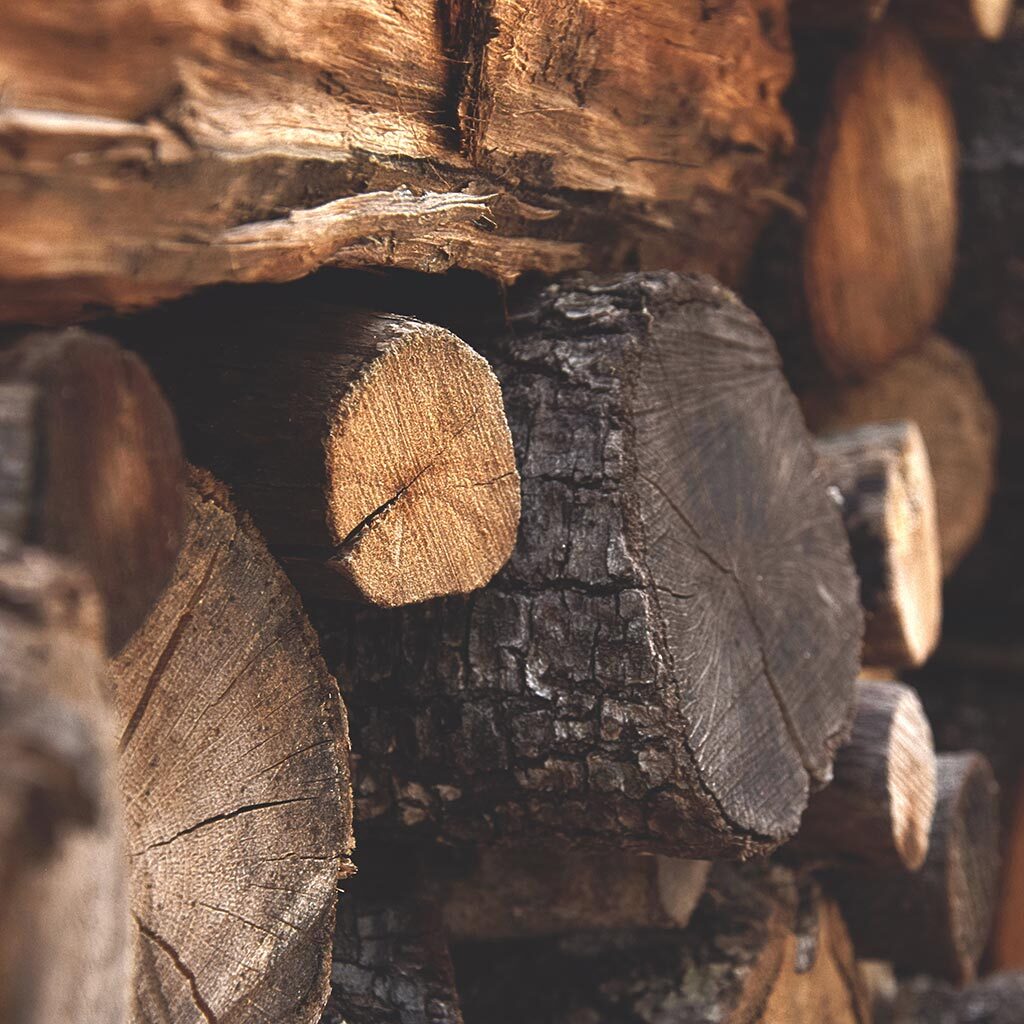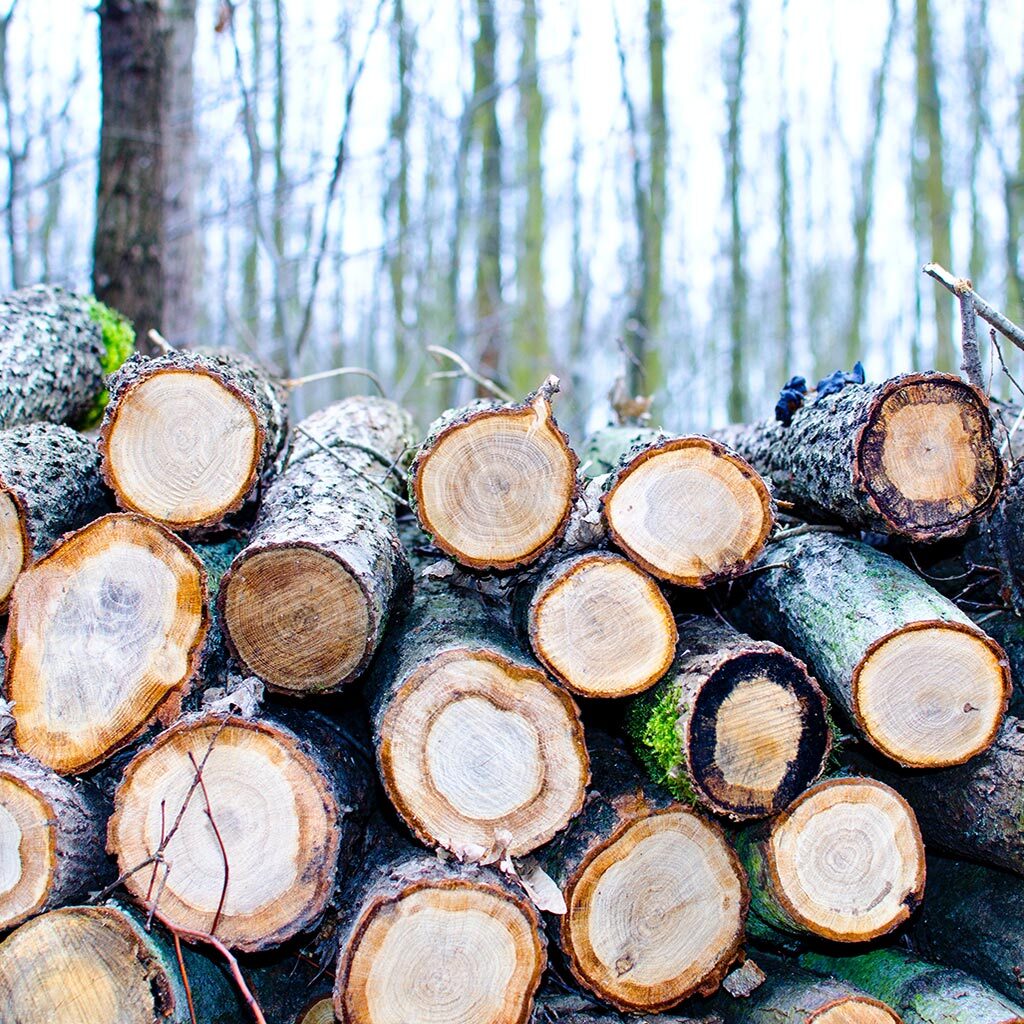
La nuova identità Sistem Air Group
L’evoluzione del logo del Gruppo esprime e anticipa la direzione aziendale determinata dall’espansione in nuovi settori e ampliamento della gamma prodotto

The dramatic situation in Ukraine, soaring energy prices and fears over the continuity of gas supplies have further confirmed the need to look more closely at the contribution that the woody biomass production sector can make to diversifying supplies by reducing energy dependence on other countries, combating high energy prices and promoting local development and energy transition.
This was written by Annalisa Paniz, director general of AIEL (Italian Association of Agro-Forestry Energies) in a letter addressed to Prime Minister Mario Draghi. In the letter AIEL discusses some of the possible solutions to mitigate the effects of the Ukrainian crisis, including the dramatic consequences for energy prices.
AIEL hopes that the deep crisis we are going through will be an opportunity to rethink the national energy model by genuinely promoting renewable energies, efficiency and energy saving to diversify supplies and reduce speculation and dependence on foreign countries, without resorting to old, environmentally unsustainable solutions such as coal.
The energy strategy for renewable heat should see a gradual reduction in the use of gas and therefore also be based on small to medium-sized centralised wood biomass plants, micro- and mini-generation plants, district heating and process heat, but also on modern stoves which, thanks to technological advances in recent years, guarantee high efficiency, energy efficiency and low particulate emissions.
"Woody biofuels" – explains Annalisa Paniz – "as well as being a vehicle for sustainability that contributes to the reduction of emissions, the maintenance of the forest heritage and to generating significant employment for the country system, can contribute to reducing dependence on foreign supplies, diversify the energy mix and counteract the phenomenon of energy poverty, which is affecting more and more families and which can be overcome by abandoning fossil fuels, characterised by volatile prices linked to constantly changing geopolitical assets, in favour of renewable energies, both the most modern and the oldest and most mature, such as woody biofuels, which ensure continuity, stability and programmability: three central aspects to make the ecological transition truly sustainable and inclusive. "
"Woody biofuels" – continues Paniz – "are extremely cheaper than fossil fuels: the cost of producing 1 MWh of thermal energy from woody biomass ranges between 24 and 72 euros, while that from fossil fuels is between 103 and 146 euros."


At the heart of AIEL's proposals is the implementation of local energy chains to support the economic growth of territories. The sustainable use of woody biofuels can not only reduce the rate of dependence on fossil fuels but also and above all limit dependence on supplies from other countries.
Furthermore, we must not forget the fight against energy poverty, which is affecting more and more families and which can be won by abandoning fossil fuels as soon as possible in favour of renewable energies, both the most modern ones and the oldest and most mature ones, such as woody biofuels, which ensure continuity, stability and programmability, three central aspects to make the ecological transition truly sustainable and inclusive.
In this regard, it is essential to support, partly through the PNRR instrument, the consolidation and creation of new forestry companies by supporting the creation of logistical and commercial platforms on a regional scale, to support investments by primary wood processing industries also aimed at creating pellet production plants, and to support investments for the creation of modern technological biomass plants for the production of heat and high-efficiency micro- and mini-generation. Finally, in order to combat energy poverty, action needs to be taken on taxes that affect low incomes the most, such as VAT, by rethinking a reduced rate for all biofuels.

L’evoluzione del logo del Gruppo esprime e anticipa la direzione aziendale determinata dall’espansione in nuovi settori e ampliamento della gamma prodotto

Le energie rinnovabili, come il sole, il vento e l’acqua, giocano un ruolo sempre più importante nella transizione verso un’economia a basse emissioni di carbonio.

La proposta del Libro Bianco di Aiel per abbattere del 70% l’inquinamento da riscaldamento